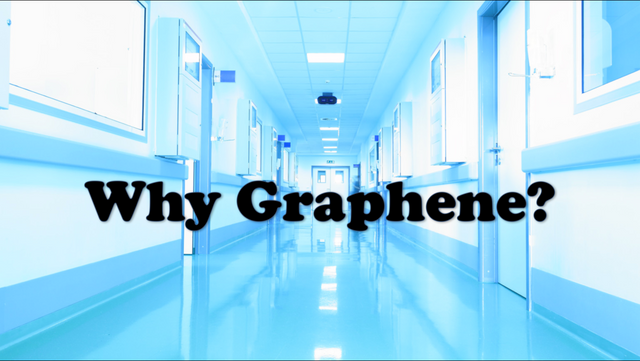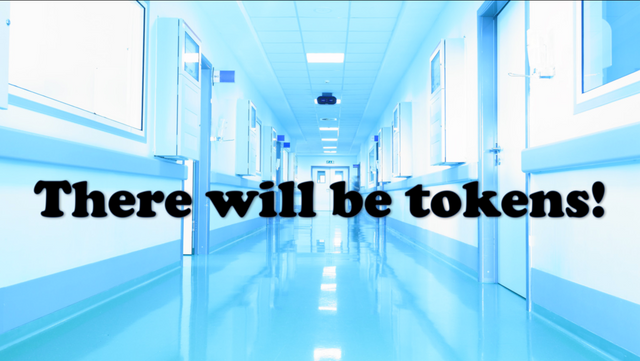Weekly Update #1 on Decentralized EHR Project
So it has been exactly one week since we announced our Decentralized EHR project, which we have tentatively named Medibyte. In case you didn’t get a chance to read the introductory post or the succeeding post on the user personas served by the system, here’s a high-level description of our project:
- We will be building a Decentralized EHR system that will allow all facets of a patient’s medical history to be loaded onto the Graphene blockchain for open, 24/7 access by any patient and his physician.
- Nurses will enter all patient information – admission history, labs, radiology images, etc. – and physicians will also be able to enter their SOAP notes (Subjective Objective Assessment and Plan) and consultation reports for each patient into the blockchain.
- While nurses will be unable to access any patient information outside of the hospital, a patient will be able to access their medical record on the blockchain at any time from any place in the world.
- The physician will also be able to access medical records of all of their own patients at any time from any place in the world.
- The physician will use the system’s built-in Machine Learning capabilities to receive a predicted diagnosis of a given patient. The physician can then use this predicted diagnosis to better focus the physical examination and determine the most appropriate diagnostic tests to be ordered.
- Not only can a patient access their medical records from the desktop client, they will also be able to send status updates on their current condition as well as report any new symptoms directly to their physician on the blockchain.
- A patient cannot access records of any other patient on the system
- A physician can only access the records of their own patients; they will never have access to records of patients attended by other physicians
Essentially, speed is very integral to healthcare and we need access to the fastest blockchain technology in the world. While the Bitcoin blockchain can handle approximately 3 transactions per second and the Ethereum blockchain about 30 transactions a second, the Graphene blockchain is head and shoulders the leader when it comes to speed. It can handle up to 100,000 transactions on a single machine and up to 18,000 transactions on a distributed network. We will definitely require the insanely fast Graphene blockchain to accommodate real-time loading and processing of patient records as well as instantaneous determinations of patient diagnosis using the system’s Machine Learning capability.
Currently, we are meeting with the Bitshares/Graphene dev team to work on the design/architecture of our Decentralized EHR system. Once we have all agreed on the initial architecture of our system, they can begin developing the prototype. We are planning to have the prototype completed before SteemFest in November for a chance to present our project at the conference.
Additionally my colleague from IBM, Ian Balina, is working on getting the domain name secured for our project, which will also allow us to officially announce the name of our project right here on Steemit and begin setting up the website and social media profiles.
I will also launch a competition to find the best logo for our Decentralized EHR system. We are waiting to secure the domain name before we can officially start the competition on Steemit. I am always so impressed by all of the very talented artists and designers we have in our community and can’t wait to be amazed by all of your creative logo entries. I will of course be working with @officialfuzzy to decide on the grand prize – I’m thinking Beyond Bit tokens would be an awesome prize for the 1st place winner! As soon as we officially announce the name of our project, I will publish an official post for the logo competition – get ready!
As we continue to meet with the dev team to finalize the architecture, stay tuned to future posts in which we will dive into the design of our project and detail how the system will be specifically accessed by the patient, physician and nurse. After discussing my ideas with the Bitshares dev team and determining their feasibility for the Graphene blockchain, we can start talking about the unique tokens that will be used to access our Decentralized EHR system - I will be devoting an entire post to discussing this topic.
And finally, we have been receiving a ton of messages from people across social media who are interested in participating and contributing to our project. Although I am always interested in hearing new ideas and perspectives, we have a preference for individuals who have worked or are currently working in the healthcare field and blockchain development, particularly Graphene technology.
Anyone who is interested in actively participating or serving as an advisor on our team can send their resume and Linkedin page to [email protected] or send me a direct message on Discord.
Please let me know if you have any questions about our project in the comments below. Have a great evening everyone and talk to you all soon!
Until next time, keep acing life!








This post received a 3.0% upvote from @randowhale thanks to @cerebralace! For more information, click here!
Congratulations! This post has been upvoted from the communal account, @minnowsupport, by Ace from the Minnow Support Project. It's a witness project run by aggroed, ausbitbank, teamsteem, theprophet0, and someguy123. The goal is to help Steemit grow by supporting Minnows and creating a social network. Please find us in the Peace, Abundance, and Liberty Network (PALnet) Discord Channel. It's a completely public and open space to all members of the Steemit community who voluntarily choose to be there.
If you like what we're doing please upvote this comment so we can continue to build the community account that's supporting all members.
Sounds interesting! Im sure you guys would have seen this https://gem.co/health/ , this project also looks great, although it looks to be an OS.